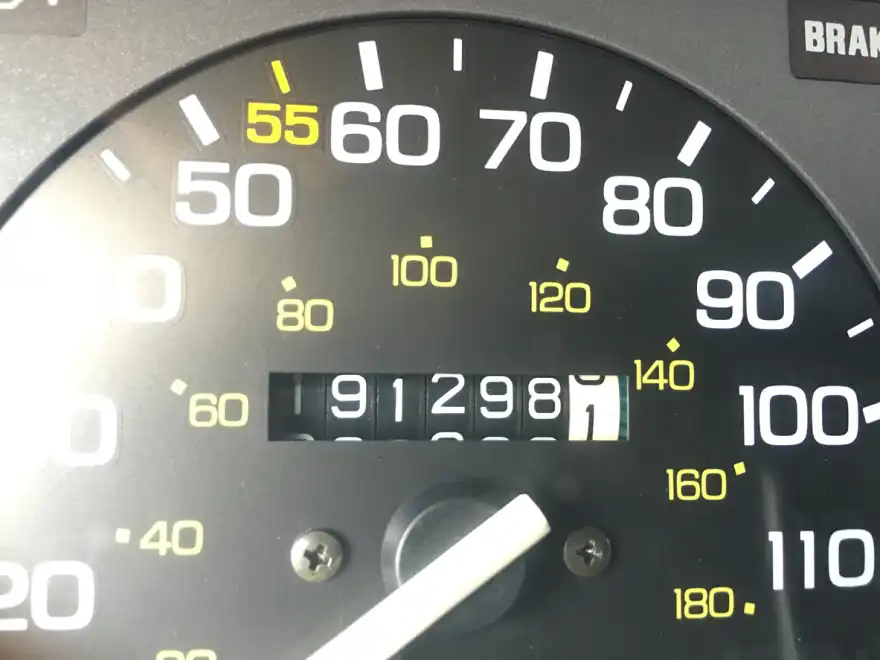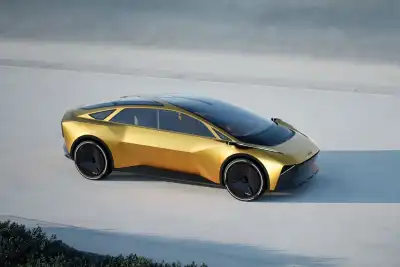
If you're thinking about selling your car, mileage is one of the biggest factors affecting its price. Sure, age, condition, and even colour play a role, but the number on the odometer can make or break your car's resale value.
So, when does mileage really start to hurt your car's worth?
According to data from Carwow, the first major drop happens at 10,000 miles, where the average car loses 22% of its value. But the biggest hit comes at 20,000 miles, with a 24% drop from the 10K mark. After that, every additional 10,000 miles knocks off another 17-18%, making mileage one of the most important things to watch.
By the time a car hits 60,000 miles, it’s typically lost 64% of its value. And once it crosses 100,000 miles, the decline continues—going from 100K to 110K alone can wipe out another 19% of its value, which is around £879.
What’s Considered “Normal” Mileage?
Government data shows most UK drivers clock between 5,000 and 7,000 miles per year—a drop from pre-pandemic levels due to remote work and hybrid jobs. This means it now takes longer for cars to reach the major 20K milestone, making it even more important to sell at the right time if you want the best return.
Carwow’s Ian Reid advises: “Our data highlights just how important it is to keep a keen eye on your mileage. Car owners wanting to sell their old cars should act quickly, as waiting could lead to a substantial drop in valuation price, especially if your car tips into another mileage bracket”
EVs and Hybrids Hold Their Value Better
Interestingly, petrol cars are depreciating the fastest, while EVs and hybrids are proving to be a smarter long-term investment.
By 30,000 miles, the average petrol car has lost 38% of its value, while EVs drop just 26% in the same period. Hybrids perform best, losing only 11%. Brands like Tesla and Polestar are leading the charge in keeping their value. And while EVs lose the most in their first year, their depreciation levels out, making them better value in the long run—especially for second-hand buyers.
With EV battery warranties lasting up to 8 years or 100,000 miles, used electric cars are becoming a more attractive option.
Dylan Setterfield from cap hpi explains: “Surveys of used car buyers still reveal the price of EVs as being one of the main reasons why drivers are not switching to electric.
"What many don’t realise is, that not only are the vast majority of models cheaper than petrol or diesel equivalents, and sometimes by thousands of pounds. There is also a significant cost of ownership saving in terms of running costs, especially, but not exclusively, if drivers are able to charge at home.
"Prices have already come down so far that many models look fantastic value for money, and while this has stimulated demand for those in the know, the majority of used car buyers are completely unaware of the thousands of pounds they could be saving themselves."
If you’re looking to sell your car, timing is everything. Watching your mileage and knowing when to trade in could mean keeping thousands of pounds in your pocket. And if you're considering an EV, the second-hand market is where you might just grab a bargain.
Would you sell your car before it hits the next mileage bracket? Or do you drive it until it dies? Let us know in the comments!


